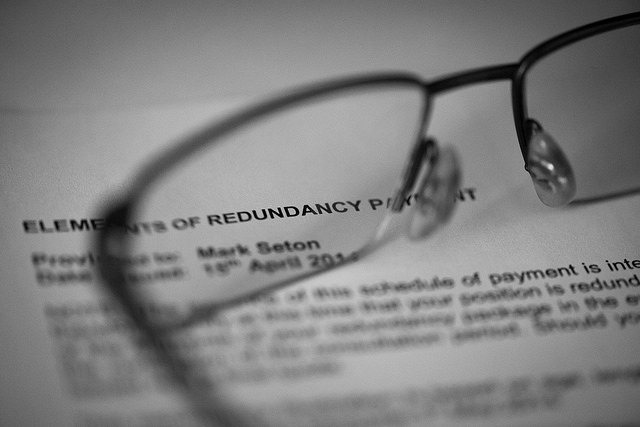Redundant Words Should Be Avoided
Have you ever heard the famous expression from Yogi Berra that said “déjà vu’, all over again”? Yogi played baseball for the New York Yankees many years ago but he is almost as famous for some of his time-tested quotes, as he is for baseball.

Like many of his quotes, the “déjà vu” quote is a bit of word play with redundant words, because the definition of “déjà vu” is similar in meaning to “all over again”.
Yogi’s phrase is amusing because of the redundant words and people who repeat it intend it as a joke. Unfortunately, many people who write don’t recognize the use of redundant words like this. In an effort to be more descriptive, they frequently use too many words to describe something. This is sometimes called pleonasm.
The problem with this is that when you use more words than is necessary to describe something, it actually weakens the expressiveness of the words. In addition, it makes your writing look weaker and not as polished.
Here are a few examples of common phrases that use redundant words.
- “Absolutely free” – If something is free, by definition, it is completely free. You can’t get something that is only partially free, it’s either free or it’s not. The word “absolutely” is absolutely not needed here.
- “Return back” – To return something means to give it back, so it is redundant to return something “back”.
- “Evacuate out” – To evacuate means to leave the premises or to empty, so there is no need to add the “out” to the phrase.
- “Two twins” – The definition of twins is that there are two of something, so it isn’t necessary to add the number “two” to the phrase.
In most cases, use of these types of redundant words is unnecessary and looks bad. However, there are a few exceptions when the extra word actually does help clarify the meaning, and it is usually based upon the context or common usage of the word.
For example, the phrase “baby nursery” is redundant because when most people think about a nursery, it is a room designed for babies. However, sometimes you can refer to places that sell types of plants as a nursery. Unless the surrounding conversation is about landscaping, the “baby” part of that phrase isn’t necessary.
An example of a redundant word phrase that has made its way into our common language is “tuna fish”. Tuna is clearly a type of fish, but the phrase is so commonly used that it is acceptable.
When you proof read what you’ve written before sending, submitting, etc, it should make a special note to look for these kinds of redundant words. Your writing will be much cleaner if you can eliminate these phrases. Of course, you should look at the context and common usage of the words, but if the redundant words can be eliminated, they should be.
Unfortunately, you won’t be able to depend upon a spell check tool to help you identify these issues. Good spell checking tools and systems can sometimes identify when you’re using the wrong words, but context is so important for these redundant words that the tool won’t be able to find the issues. You will usually have to rely on your own proof reading skills.
